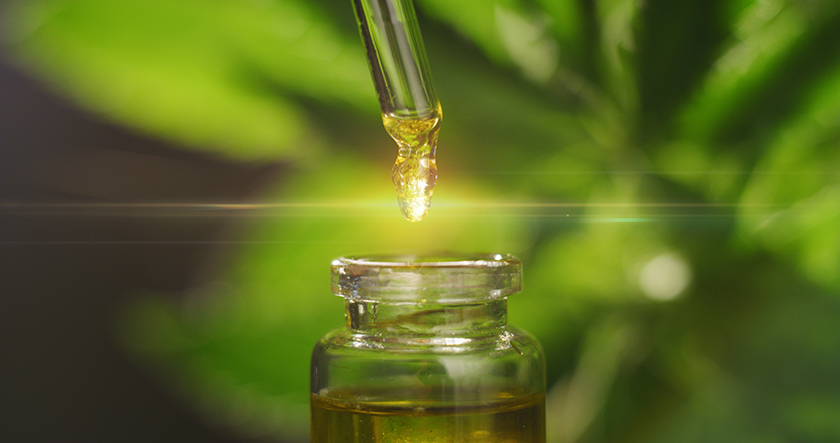More news
- Focus on the global coatings market: Global coatings market outlook
- View from the UK: Navigating chemical policy and sustainability
- Focus on adhesives: Unveiling unbreakable bonds – Testing redefines physical strengt...
- Focus on adhesives: Henkel and Covestro collaborate for sustainability of engineered wood ...
- Advances in construction chemical technology: What’s new in 2024?

AIMPLAS, a technology centre with 30 years of experience in the plastics industry, is participating in the development of new masks and face shields with antimicrobial properties that help prevent viral and bacterial infection, even from viruses and bacteria that are drug resistant. The Valencian Innovation Agency (AVI) has funded this project, known as DOTMASK, which aims to explore new coatings and plastics obtained from plant extracts that improve the features of the personal protective equipment (PPE) on the market.
The initiative is coordinated by chemical company Lamberti and includes the participation of AIMPLAS, the Medical Research Institute of La Fe Hospital in Valencia, the biotech company ADM Biopolis and the mask manufacturer Airnatech.
Materials with antibacterial and viricidal capacity are being developed to respond to the need to reduce infection from pathogens such as COVID-19, which are frequently transmitted by air. Viruses and bacteria are particularly hazardous in hospital environments, where these micro-organisms become resistant to drugs.
Switching to plant-based
Coatings designed to date as a passive protective measure use inorganic, metal-based additives. However, this composition has some disadvantages, such as the coatings’ propensity to corrode in certain environments and the possible release of active ions, which has raised doubts as to the potential toxicity of these coatings.
On the other hand, plant extracts maintain the same bactericidal and viricidal properties than conventional non-natural antimicrobials with the added advantage that they have less risk of adverse effects, allergies and toxicity for users and the environment because they are bio-based compounds.
The DOTMASK Project is therefore developing materials based on bio-based phenolic compounds with strong antimicrobial activity for integration in personal protective equipment. The aim is to provide highly efficient protection against pathogens and significantly reduce the transmission of disease.
These new antimicrobial coatings, developed from botanical extracts obtained using biotechnology, will be applied to textiles for masks manufacturing and to plastic sheets to make protective face shields. These two improved prevention systems will reinforce the safety of health and emergency services and increase people’s protective options in the context of a pandemic.
To develop these biotech solutions, Lamberti, which specialises in chemical coatings, will be supported by ADM Biopolis, which will analyse the antimicrobial capacity of these additives and carry out mandatory toxicity tests. AIMPLAS will contribute with new developments in antimicrobial plastic materials and Airnatech will include them as new additives for masks. The effectiveness of these compounds in a real health environment will be tested at La Fe Hospital in Valencia thanks to the participation of this medical centre.

The project is aligned with the Smart Specialization Strategy of the Valencian Community, known as S3, coordinated by the Regional Ministry of Innovation, Universities, Science and Digital Society. One of the priority goals of the strategy is “the promotion of an efficient health and healthcare system”.
This initiative is also connected to the conclusions of the Specialized Strategic Innovation Committee (CEIE) in Emergencies, an advisory body of the AVI that provides direction on innovation priorities in this field. In fact, the experts from the scientific community, technological institutes and the business world who form part of this multidisciplinary team have specifically called for improvements in the properties of the PPE used by emergency teams.
Website: www.aimplas.net



